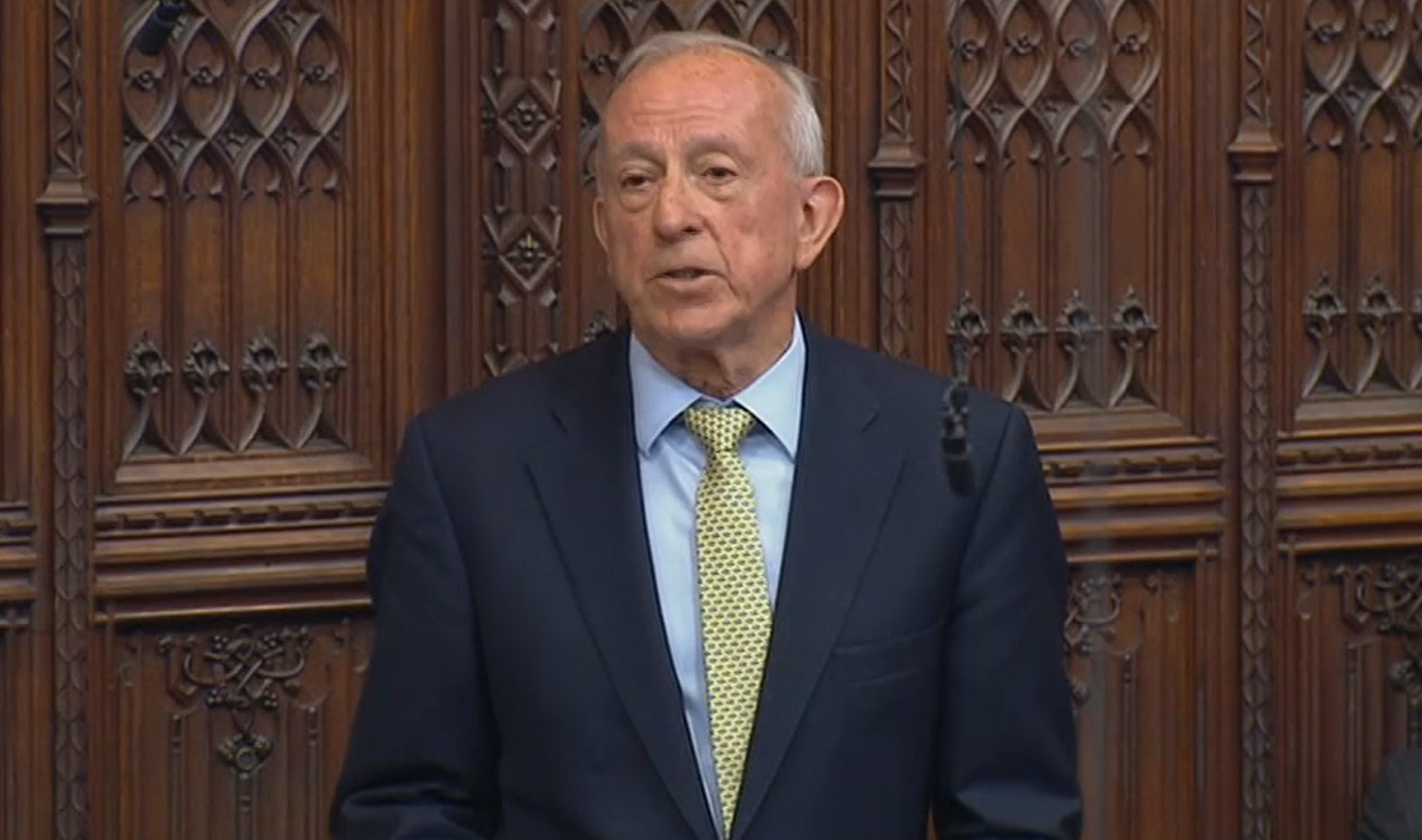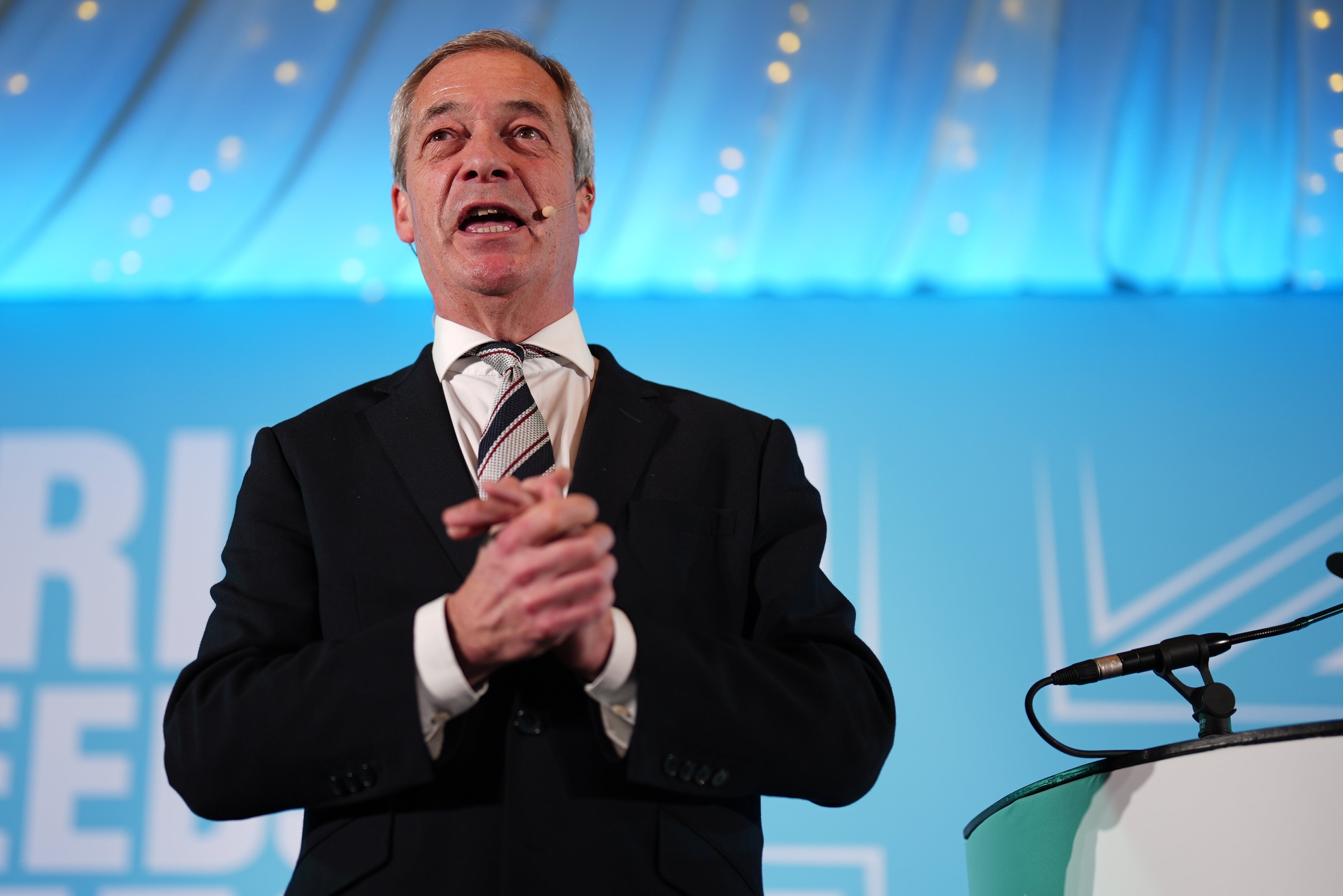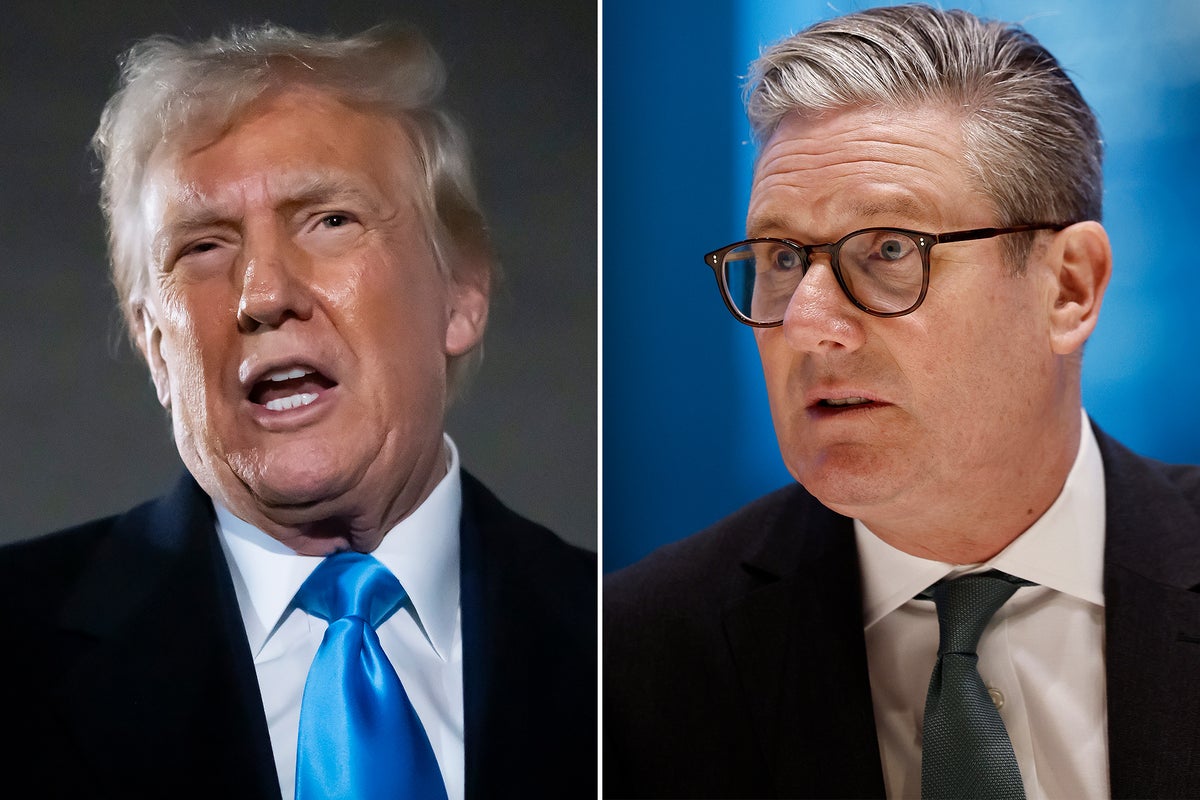Reform’s popularity surge in the polls is legitimate and could be sustained until the general election, polling guru professor Sir John Curtice has told The Independent.
Prof Curtice argued that while the problems for the Tories persist, the notable trend has been a historic collapse in Labour support after just seven months in power.
For the Conservatives, questions are being asked about Kemi Badenoch’s future as leader, but a similar spotlight is being shone on chancellor Rachel Reeves with economic woes being blamed for Labour’s unpopularity.
Prof Curtice’s assessment is backed up by two other leading UK polling experts Lord Robert Hayward and Luke Tryl of More in Common.
It comes after a week where several polls put Nigel Farage’s Reform UK either in top spot or equal first.

This included Techne UK’s weekly tracker for The Independent putting Labour and Reform equal top with 25 per cent and the Tories two points behind on 23 per cent. That result reflected the average in the poll of polls at the end of the week.
On the same day, FindOutNow put Reform top with 29 per cent, 11 points ahead of the Tories on 18 per cent in third and four ahead of Labour on 25 per cent.
Prof Curtice said: “There is no reason to believe Reform’s vote is being significantly overstated.”
Both he and former Tory MP Lord Hayward pointed to council by-election results which saw Reform win three of the six seats contested – two from Labour and one from the Tories.
Prof Curtice noted: “FindOutNow look as though they might be a bit on the high side but everyone has them increasingly up on the 2024 election.
“There is no particular evidence that this is what happens early in a parliament. Indeed, the fall in Labour’s vote of this size so quickly is, I think, a record.”

He noted that previous precedents of the SDP in 1981 and Lib Dems in 2010 showed that a third party can grow enormously and threaten the big two in British politics.
Prof Curtice put the SDP’s failure in the 1983 election down to being “scuppered by internal fighting and the Falklands war” as Labour continued to implode at the time.
He also warned how the joint success of the Brexit Party and Lib Dems in the European elections in 2019 forced the Tories to turn to Boris Johnson and ditch Theresa May.
He added: “The general election is a long way off but the challenge is real and much will depend on Reform funding and ability to create a party machine, plus what happens to the economy and the NHS.”
Lord Hayward, a former Tory MP and renowned pollster, agreed in terms of “the direction of travel” in the polls but offered a health warning on numbers in the polls.
He said: “The last general election had the most inaccurate polls in history. The only reason there was not a fuss about it was because it was so obvious Labour was going to win that it did not make a difference to the result, unlike 2015.”

He went on: “The by-elections show that Reform are making headway and we are seeing a lot of by-election results to base our analysis on.
“I look at polls now not for their figures but for direction of travel and the direction of travel is clear. Techne has an interesting question on confidence in the government and that now is at its widest point, yet just 27 per cent have confidence and 59 per cent do not have confidence.”
He also noted that there is a question mark over where Reform’s votes are coming from and disputed that it is all former Tories, saying that the number of Lib Dems switching suggests “Reform is picking up the anti-establishment vote”.
He also argued that Reform is getting the people who “do not normally vote”.
“Some think that means they will continue not to vote and Reform’s support is over-inflated but then you get results like the 2016 [Brexit] referendum or Trump in 2016 where a failure to weigh those voters properly meant there were surprise results.”
Mr Tryl of More In Common agreed: “There’s no doubt Reform have momentum and we are seeing people who had previously been in the ‘I like Farage but I don’t think he should be PM’ camp now saying, ‘well, we may as well roll the dice given Labour haven’t delivered and Tories had 14 years’.
“But that places a few tests on Reform – what’s the wider policy programme? Can they find the candidates? And, crucially, is 25 per cent a new ceiling?”

He also questioned whether, as some believe, there is a natural alliance to be had with the Tories and Reform or whether more Tories can be persuaded to switch over to Reform.
“Part of the challenge is that the remaining Tory vote is more Phillip Hammond (centrist) than Lee Anderson (on the right). So there might not be much more of that to get and the Labour vote is increasingly blue-wall Tory seats.
“So where does the Reform 35 per cent come from is an interesting question. Plus, the Tories showed not being popular is one thing, being actively disliked is another, how do Reform overcome tactical voting?”
But he added that the 2015, 2017, 2019 and 2024 elections showed that the way political support is changing showed that traditional Labour voters are the ones on a journey from Labour to the Tories and now to Reform.





